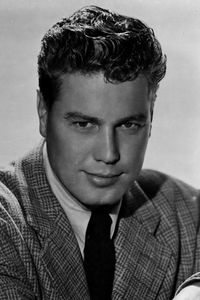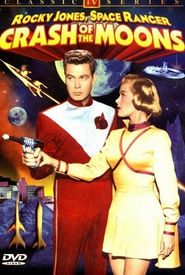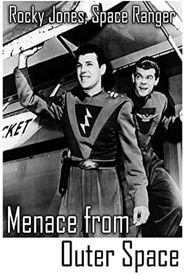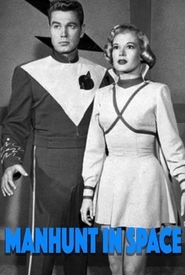Richard Crane, a dark-haired, athletic American leading man, shone brightly in the realm of 1940s B-movies, capitalizing on the dearth of male stars in Hollywood during World War II. As the majority of leading men served in the military, Crane's career flourished, allowing him to establish himself as a prominent figure in the film industry.
However, with the return of the male stars to the big screen, Crane's success began to wane, and his career gradually declined. Despite this setback, Crane experienced a brief resurgence in the 1950s, reemerging as the quintessential square-jawed, muscular hero in a series of space-borne serials, including the iconic role of Rocky Jones, Space Ranger in 1954.
For the next fifteen years, Crane continued to make appearances in television westerns and crime dramas, frequently guest-starring in popular shows such as The Lone Ranger in 1949 and Lassie in 1954. His final recurring role was that of a police lieutenant in Surfside 6, a detective series aimed at the teenage market, in 1960.
At the time of his passing, Crane held the esteemed position of President of Film Trend Productions, a testament to his enduring legacy in the world of film and television.
















































































